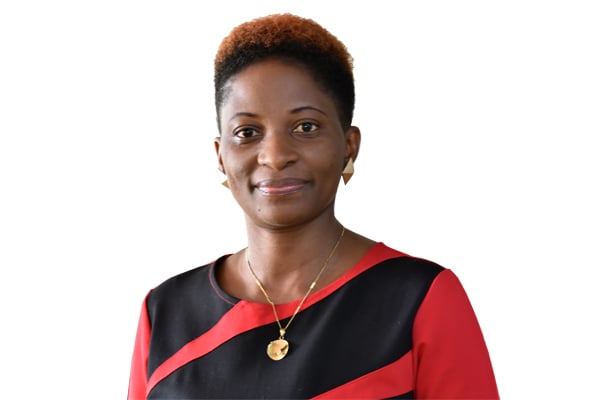Old students must save their rotting traditional schools

Geoffrey Mutegeki Araali
What you need to know:
- Former students carry a moral responsibility...It is imperative for old students to wake up from their slumber and actively work towards the revival and improvement of these schools.
Recently, I visited my alma mater, St Augustine’s Demonstration School Butiiti in Kyenjojo District, western Uganda.
I was deeply disheartened by what I found there. The once pristine colonial-era classrooms, adorned with glass windows and ceilings, had all but crumbled away. These structures, a legacy of the colonial era, had held eight classrooms, each once a hub of knowledge.
What was more disconcerting was the state of the replacement buildings, constructed by the government less than 15 years ago. The walls are peeling, and the floors have cracked, a stark departure from the school’s former glory.
This mirrors the state of many traditional schools in Uganda.
St Joseph’s College Ombaci, Nyakasura School, St Leo’s College Kyegobe, Kigezi High School, Teso College Aloet, and St Joseph’s College Layibi, among others, institutions that have nurtured countless public servants and policymakers, are in a wanting state.
These institutions have not only imparted knowledge but also produced a large portion of the country’s public servants and policy makers.
A quick look at any level of government reveals individuals who have graduated from these schools, yet their deterioration continues unabated.
Despite their privileged positions and influence, the old students of some of these traditional schools have exhibited a concerning level of negligence.
While the old students may occasionally contribute financially or purchase books, their involvement seems limited to superficial gestures. The lack of proactive measures to address the decaying infrastructure, outdated curricula, and inadequate resources demonstrates a disregard for the institutions that shaped their own success.
The deterioration of traditional schools in Uganda carries profound implications for the overall quality of education in the country. The presence of crumbling infrastructure, inadequate teaching materials, and outdated facilities creates significant obstacles within the learning environment, ultimately compromising the educational experiences of both current and future students.
Former students often reminisce about the ‘good old days’ when they enjoyed access to top-notch facilities, but they find it challenging to extend the same privileges to today’s and tomorrow’s generations. Why not formulate and execute policies that empower schools, increase funding for the construction of high-quality facilities, and bolster the learning environment?
Recognising their influential role in society, former students carry a moral responsibility to actively contribute to the betterment of their alma maters. They possess a wealth of invaluable expertise, extensive networks, and abundant resources that can be leveraged to breathe new life into these educational institutions.
It is incumbent upon them to leverage their positions in public offices to champion policies that prioritise the revitalisation of traditional schools, backed by adequate funding for their refurbishment and enhancement. The unfortunate apathy demonstrated by alumni in influential policy-making roles regarding the deteriorating state of Uganda’s traditional schools is a cause for concern and must be addressed.
It is imperative for old students to wake up from their slumber and actively work towards the revival and improvement of these schools. This strategic approach aligns with Uganda’s commitment to achieving Sustainable Development Goal 4, which aims at ensuring inclusive and equitable quality education for all.
By taking decisive action, mobilising resources, and advocating change, old students can play a pivotal role in rescuing rotting educational institutions and securing a brighter future for generations to come.
Mr Geoffrey Mutegeki Araali is a communication specialist working in Kampala.
Email: [email protected]




